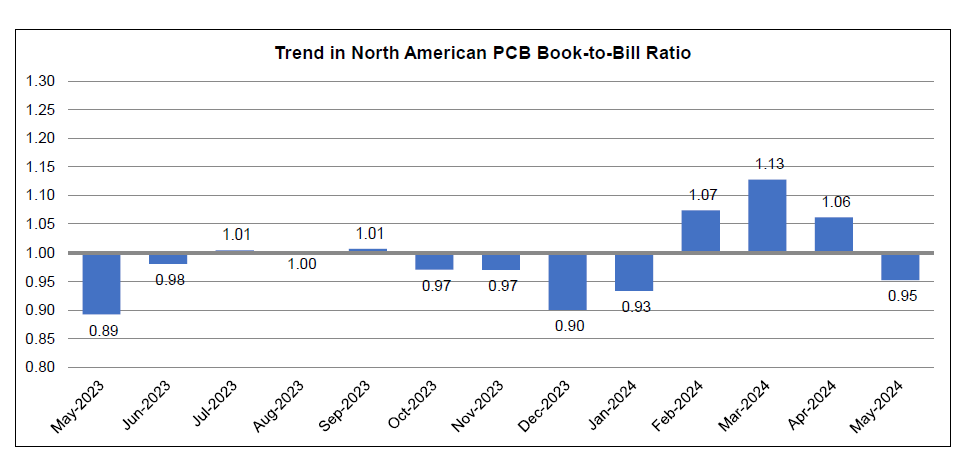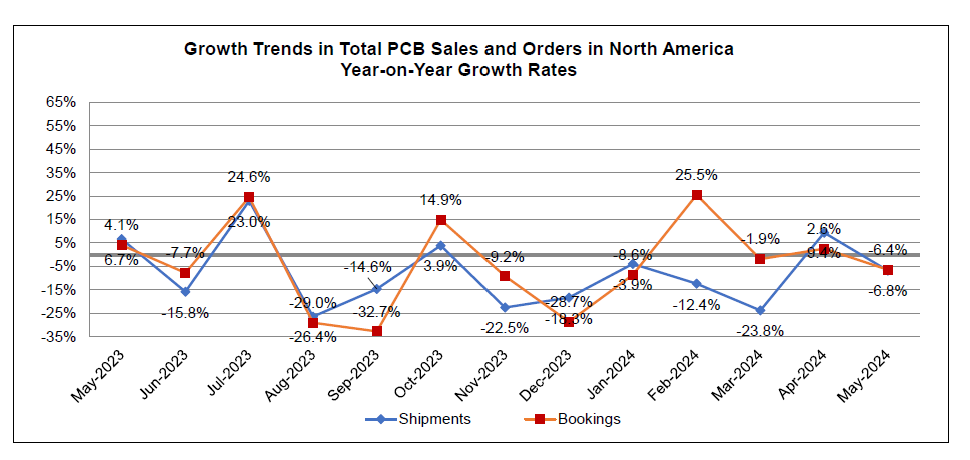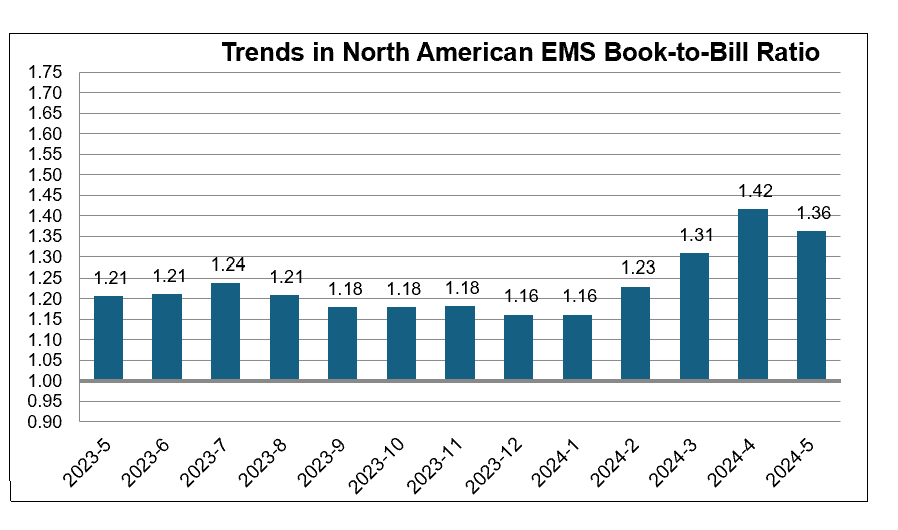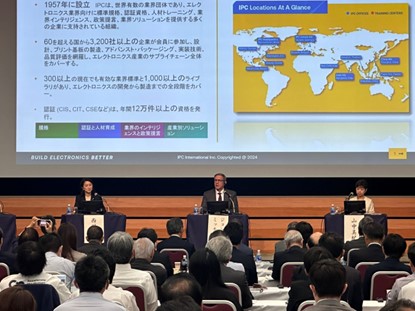Mitigating Hi-Rel Counterfeit Documentation Risks
Join Anthony J. Bryant as he previews his August IPC Counterfeit Electronic Parts Mitigation course. The webinar reviews the key aspects of counterfeit documentation challenges focusing on the recent issues with aircraft engines and the broader High-Reliability supply chain concerns. Participants will gain a comprehensive understanding of the problem, as well as practical strategies and best practices for mitigating the risks. In this webinar, we’ll cover:
- Understand the scope and impact of counterfeit documentation in the aerospace industry
- Identify common tactics used by counterfeiters to create fake documentation
- Learn strategies and best practices for mitigating the risk of counterfeit documentation
- Discuss industry-wide initiatives and regulations aimed at addressing this challenge
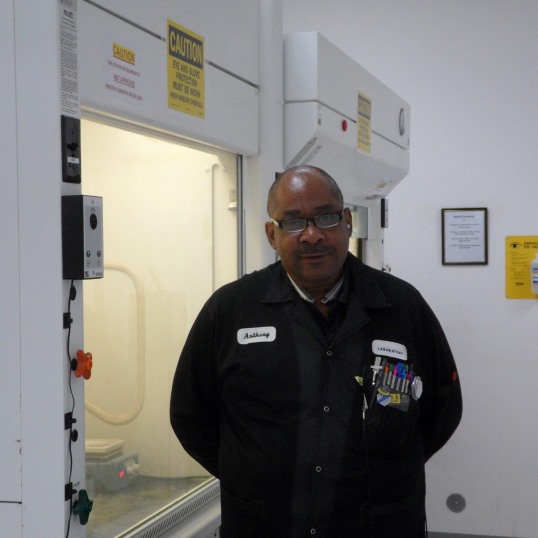
Speaker Bio
Anthony J. Bryant is a trained expert in component counterfeiting detection techniques. He has collaborated with IPC on intermediate-level courses and webinars related to counterfeit electronics detection. With over 35 years of experience in the electronics manufacturing industry, Bryant witnessed the pervasive issue of substandard and counterfeit electronic components.
His journey began in the U.S. Navy, where he served as a fire control missiles technician (FCM). This firsthand experience highlighted the critical importance of reliable electronics in mission-critical applications, and he saw the consequences of equipment failures.
Transitioning to the civilian sector, Bryant pursued a career in aerospace and defense contract manufacturing. His commitment to quality led him to seek advanced training at leading electronics institutions, including ACI Technologies Inc. (formerly known as the American Competitiveness Institute) in Philadelphia.
During the COVID-19 pandemic, the problem of counterfeiting escalated significantly. Bryant personally encountered 19-20 instances where parts previously identified, rejected, and confiscated by the government resurfaced in the supply chain. This recurring cycle of non-conforming materials poses a persistent threat to the electronics supply chain.
His dedication to safety and national security stems from his service in the U.S. military, where he witnessed the catastrophic consequences of substandard equipment. Bryant’s expertise contributes to addressing the challenges posed by counterfeit electronic parts in high-reliability organizations. Join Bryant for his four-week (eight sessions) course, Counterfeit Electronic Parts Mitigation for High Reliability Organizations starting August 6th.
